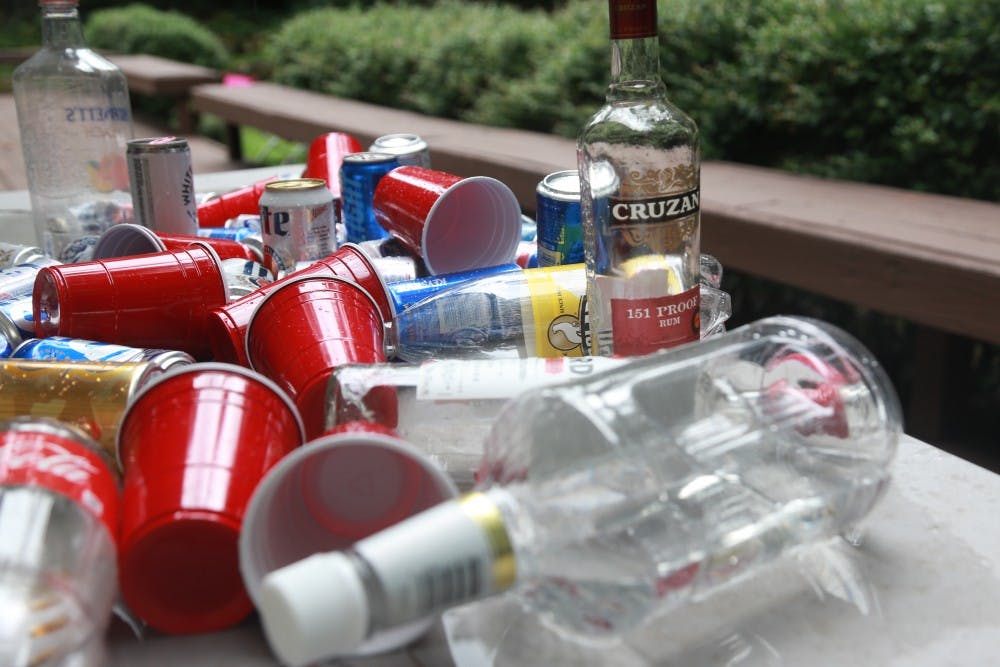Title IX is typically known as a gender discrimination prevention tool, but one family is trying to use it for something else.
The parents of Maxwell Gruver, an LSU fraternity pledge who died from alleged hazing last year, have filed a lawsuit against the LSU Board of Supervisors, as the family seeks $25 million in damages for the university’s neglect of Title IX law.
This is the first time Title IX is being used as an argument against hazing.
The lawsuit, coinciding with LSU Police Department police reports, alleges Maxwell was forced to take 10 to 12 pulls of 190-proof liquor during a “Bible Study” hazing event, where pledges had to drink after each incorrect answer about the fraternity.
Phi Delta Theta brothers allegedly left Gruver unconscious on a fraternity couch at midnight, until pledges brought him to the emergency room the next morning. Gruver’s blood alcohol content was .495, six times over the state's legal limit.
The Gruver family claims LSU dismissed an ongoing culture of fraternity hazing within the university as “boys being boys,” while also imposing harsh punishments against sororities, where hazing is typically considered an anomaly.
“LSU’s policy and practice meant that a sorority accused of hazing its pledges by making them sing songs and do sit-ups and putting whipped cream, syrup and eggs in their hair was given 'Total Probation' by LSU – the most severe sanction LSU can impose, short of rescinding its recognition of the sorority,” a press release from the Max Gruver Foundation said. “While Phi Delt’s chapter, which admitted to hazing in 2016, was only placed on interim suspension for a month.”
Ion Outterbridge, the director of UNC's Office of Fraternity and Sorority Life, said in an email that the University holds fraternities and sororities to equal standards for hazing violations.
“All fraternities and sororities are held to the Honor Code of the University, the same code of conduct all students are held to," Outterbridge said in an email. "Fraternities and sororities must also comply with the guidelines set forth by the Office of Fraternity and Sorority Life, the bylaws of their national organization and the University Alcohol Policy.”



